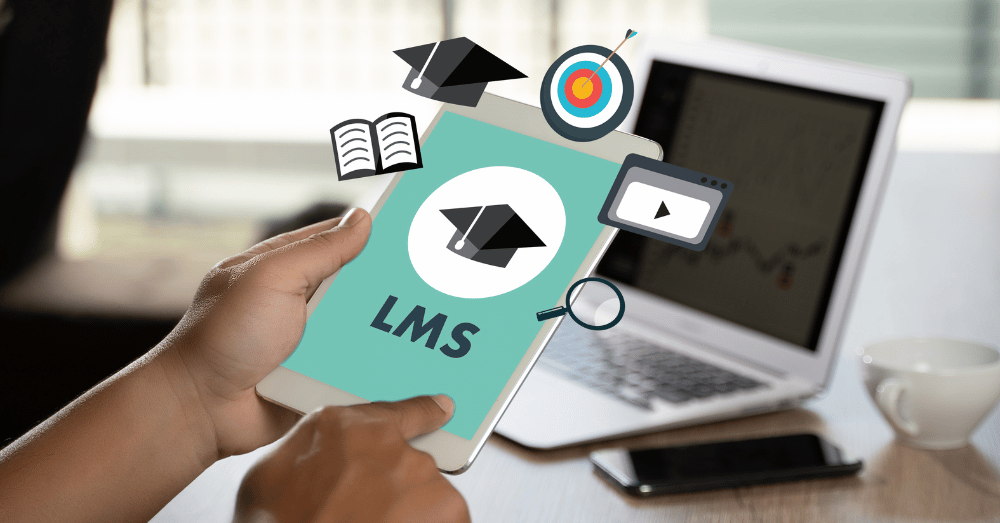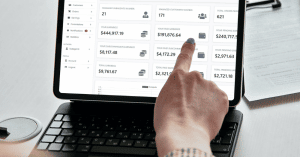A learning management system (LMS) can bring many advantages to students, teachers or companies for the development and training of workers.
The advantages of an LMS for students, teachers or workers include online course development, learning resources, assessment and testing, communication, collaboration and assignments. This article explains each of the advantages in more detail.
Flexibility: helps to speed up the learning process
The LMS learning process can be customized for individuals or groups. This helps streamline the training process for both learners and instructors. The ability to customize learning materials and make them available to learners online provides additional flexibility. Students can access the LMS from any Internet-connected device, including smartphones and tablets. This allows them to learn anywhere, anytime, even while traveling or commuting.
Cost-effectiveness: reduces the cost of operations and service delivery.
Learning management systems (LMS) are cost-effective because they reduce the cost of operations and service delivery.
Cost savings can be achieved by eliminating paper and replacing it with electronic media. This is particularly relevant for large organizations that have multiple locations with employees working in different cities, states or countries. In addition, there are no printing costs associated with an LMS, as everything is stored electronically.
In addition, if you use a cloud-based LMS system, the only expense you have to incur is the monthly subscription fee. This means that there will be no capital expenses involved in purchasing hardware or software licenses.
Accessibility: enhances e-learning and facilitates engagement with learners.
Enhances e-learning and facilitates engagement with learners. It provides them with access to online educational resources anytime, anywhere, which enhances their learning experience. This feature is especially beneficial for learners who need to access online training outside of working hours. It also allows them to learn at their own pace, rather than being forced to follow a rigid schedule set by an instructor or manager.
Scalability: facilitates access to digital content and resources throughout the organization.
Facilitates access to digital content and resources across the organization. This can be especially useful if you have remote workers who need access to specific training materials or if you want to ensure that everyone in your company has access to the same content at the same time.
Compatibility: works on all devices
A learning management system is designed to work on any device. Whether you have a desktop computer or a tablet, an LMS will work seamlessly with it. You don't have to worry about compatibility issues when using an LMS because it is compatible with all operating systems and browsers.
Communication: makes communication with students more effective and personalized.
A learning management system can help you communicate with your learners in a more effective and personalized way. For example, if a learner has a question about how to complete an assignment, the LMS will alert you as soon as you post it. You can then respond to that student directly and privately, without other students seeing your response and without having to leave your computer.
Evaluations: facilitates more effective evaluations
Teachers frequently use assessments to determine in which areas students need more instruction, why they are having trouble with particular topics, and whether or not they have mastered a particular skill. Assessments can be used in a variety of ways: formative assessment (identifying learning needs), summative assessment (measuring achievement), diagnostic assessment (diagnosing difficulties), and evaluative assessment (assessing program effectiveness).
One of the ways educators use assessments is as formative evaluations of their teaching practice and student learning. These types of assessments allow them to better understand their students' problems so that they can provide additional help in those areas. Another way educators use assessments is for summative evaluations of student achievement, which allows them to see how well their students have learned the material being taught.
Record keeping: improve record keeping
The LMS allows the creation of different types of records that the organization can store and access at any time during the lifecycle of a learning activity. The records are typically stored electronically and can be accessed through a web browser. Records may include
Student enrollment information: includes student names, contact information, address, etc.
Student enrollment history: includes all documents related to enrollment, such as application forms and acceptance letters.
Course enrollment information: includes all documents related to enrollment, such as enrollment forms and payment receipts.
Course completion information: includes all documents related to course completion, such as attendance sheets and certificates issued at the end of a course.
These advantages can make the LMS an important part of your business.
The LMS is a useful tool to implement in any organization, company or school. It allows you to reinforce education within your organization and ensures that everyone is up to date with the information needed for your company or school. The LMS is easy to implement and can bring many advantages. The best thing about the LMS is that it allows you to save time and money while improving your business.
There are many learning management systems to choose from. Some of the most popular are
Blackboard Learn (calls itself "the world's leading provider of integrated technology for higher education"). Blackboard Learn is used by more than 4 million users in over 40 countries and supports nearly 300 languages.
Canvas (developed by Instructure). Canvas is used by more than 1 million users worldwide and is available in more than 20 languages.
FAQs
What is the meaning of LMS?
Learning Management System (LMS) is a software application that provides a centralized platform for managing all aspects of e-learning. It helps to deliver learning content and track learners' progress. The LMS also allows you to create, organize and deliver eLearning courses.
Main features of an LMS:
* Delivery: You can deliver content to learners through different channels such as email, mobile apps, websites and more.
* Assessment: The LMS analyzes each learner's performance through tests and quizzes.
* Reporting: The LMS generates reports based on learner progress, engagement and other metrics.
What is an LMS and examples?
An LMS connects learners with instructors and other learners, while providing tools that allow organizations to track learner progress and manage their training programs.
Examples of learning management systems:
Blackboard Learn
D2L Brightspace
Canvas
Moodle
Which are the most used LMSs?
Blackboard Learn
2. Canvas
3. Moodle
4. Claroline
5. D2L (Desire2Learn)
What are LMS and LCMS platforms?
LMS vs. LCMS: What's the difference?
The terms LMS and LCMS are often used interchangeably, but they are not the same. In fact, these two types of platforms have completely different uses.
A learning management system (LMS) is a software application used to create, deliver and track training content. It allows users to create courses, manage learner records and grades, conduct assessments and monitor progress. The goal of an LMS is to increase employee productivity by providing them with the knowledge they need to do their jobs more effectively.
A learning content management system (LCMS) goes beyond the traditional functionality of an LMS by incorporating collaboration tools into its platform. With an LCMS, you can create custom content for your organization, as well as import existing content from other sources (such as YouTube videos or tweets). This allows you to create a repository of resources that can be accessed by everyone in your organization at any time and from anywhere, regardless of what device they are using or where they are at the time.
We can help you advise your customers and develop your learning management systems according to all applicable specifications.
Our software engineers have developed dozens of LMS systems for our government and commercial clients around the world.
Our LMS specialists are highly skilled in customizing business, training and company-owned courses.




